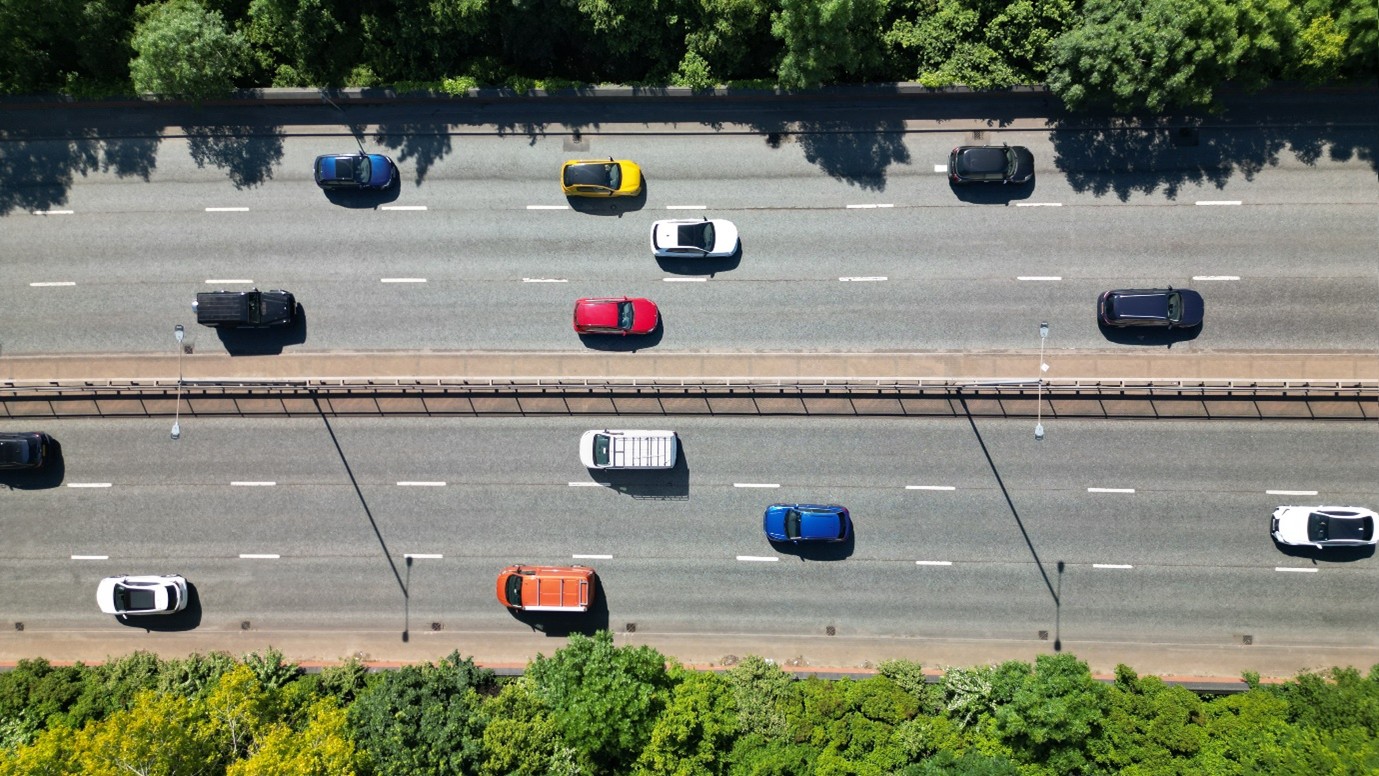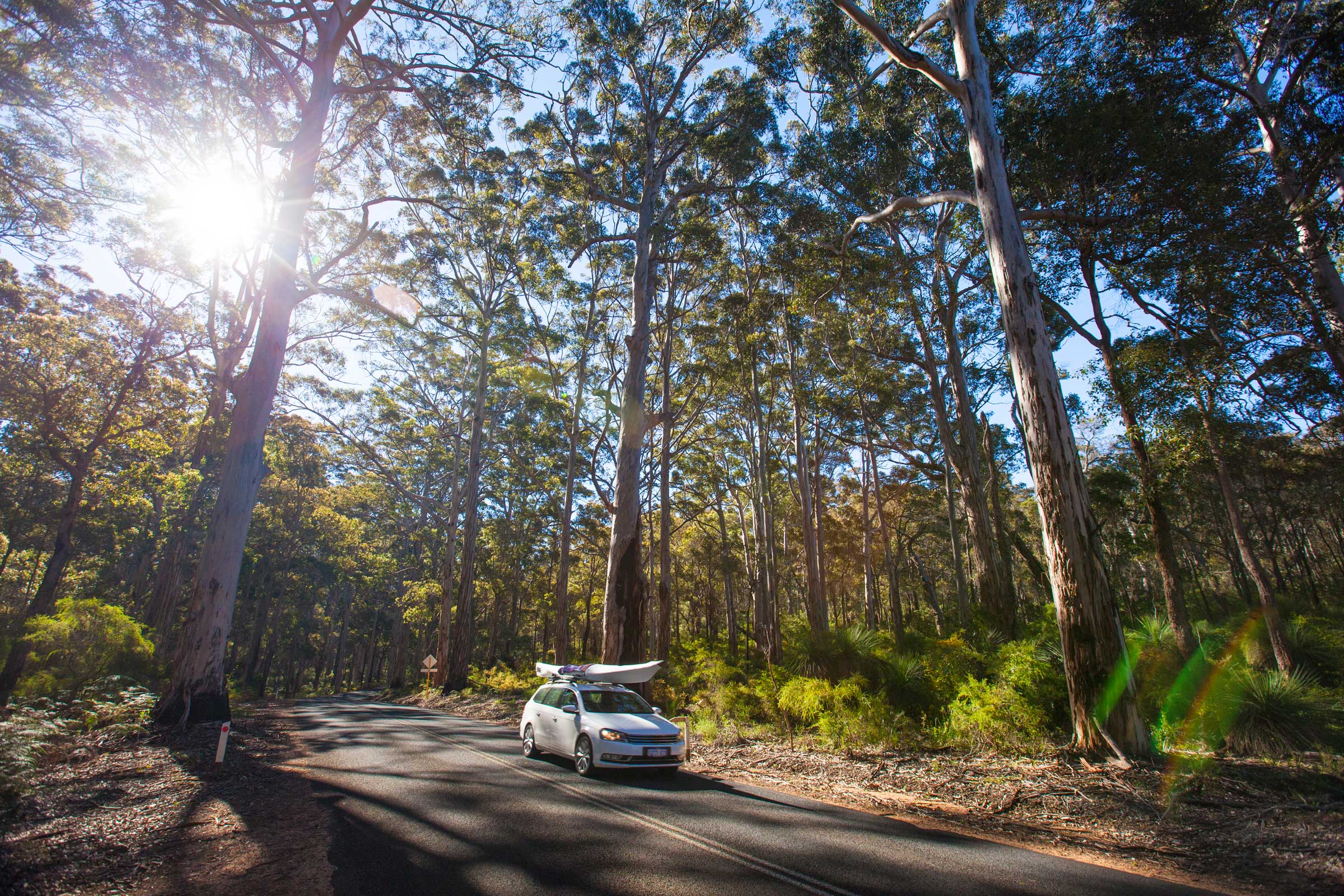We support a closed market for regulated entities to trade their NVES units with each other through the NVES Unit Registry. There is no open market or ability to trade with a company or organisation that is not regulated under the New Vehicle Efficiency Standard Act 2024(Opens in a new tab/window) (NVES Act).
Entities set the value of a unit they trade or what they trade units for. We do not:
- Set the price of a unit.
- Ask entities to report what units are traded for.
- Record what a unit is traded for.
Using units to remain compliant
Entities who have an interim emissions value (IEV) above zero who want to become compliant before their final emissions value (FEV) is issued may want to trade units from another entity to extinguish them against the relevant performance period they did not perform well in.
How to trade units
To make trades, an entity must appoint an authorised user that meets our integrity standards by completing a fit and proper person (FPP) test.
If entities want to trade units, their authorised users:
- Can contact us to obtain a list of entities interested in trading.
- Can contact each other to arrange the trade on whatever commercial terms they agree.
- Must contact us with their instructions to transfer units.
We then review and action the trade according to our rules, unless there is a compelling reason not to do so.
You can watch this video to learn more about how units are traded between entities.
Scenario
In February 2026 Bottle Brush Motors receives an IEV of +51,471 for the 2025 performance period. Their IEV is above zero.
From 2026, Bottle Brush Motors will have 2 years to balance their IEV to zero (for the 2025 performance period) if they do not want to incur a penalty. To do this they will need to earn units that they can extinguish. To get these units they can:
- Negotiate with other entities to trade for units.
- Sell more fuel-efficient vehicles over the next performance period to earn units.
Assuming Bottle Brush Motors has not earned any units from selling more fuel-efficient vehicles, they will need to trade with another entity for units and extinguish those units before 31 December 2027. Otherwise, they will risk having a penalty in 2028.
Another company, Eucalyptus Motors have built a large balance of units available to trade.
They can trade these units for a negotiated price with other regulated entities on their own terms. If those units aren’t sold, they will expire after 3 years (in this case this will be February 2029). Eucalyptus Motors decide their best option in this scenario is to sell those units to an entity in the market.
Throughout the year, Bottle Brush Motors and Eucalyptus Motors reach a commercial agreement.
Once negotiations are finalised, an authorised user from Eucalyptus Motors initiates the transaction to transfer 10,000 units to Bottle Brush Motors in the NVES Unit Registry. Another authorised user from Eucalyptus Motors then authorises the transaction. The NVES Regulator will then receive the request to action the trade.
Once this happens, Bottle Brush Motors requests those units to be extinguished by the NVES Regulator against their 2025 performance period. This reduces their FEV and penalty liability for 2025 by 10,000. Their new balance for 2025 is +41,471.
This is a fictional scenario and is not based on any real regulated entities.
NVES unit trading contact list
To support regulated entities to trade their NVES units, the NVES Regulator manages a unit trading contact list to help regulated entities identify organisations interested in trading units. Participation is voluntary and entities are only added with their consent.
If you’re a regulated entity and you’d like to discuss registry access or join the unit trading contact list, please contact your account manager or email NVESRegulator@infrastructure.gov.au.
Read the Privacy Collection Notice for information on what authorises us to collect your personal information and how we will use it for this list.












